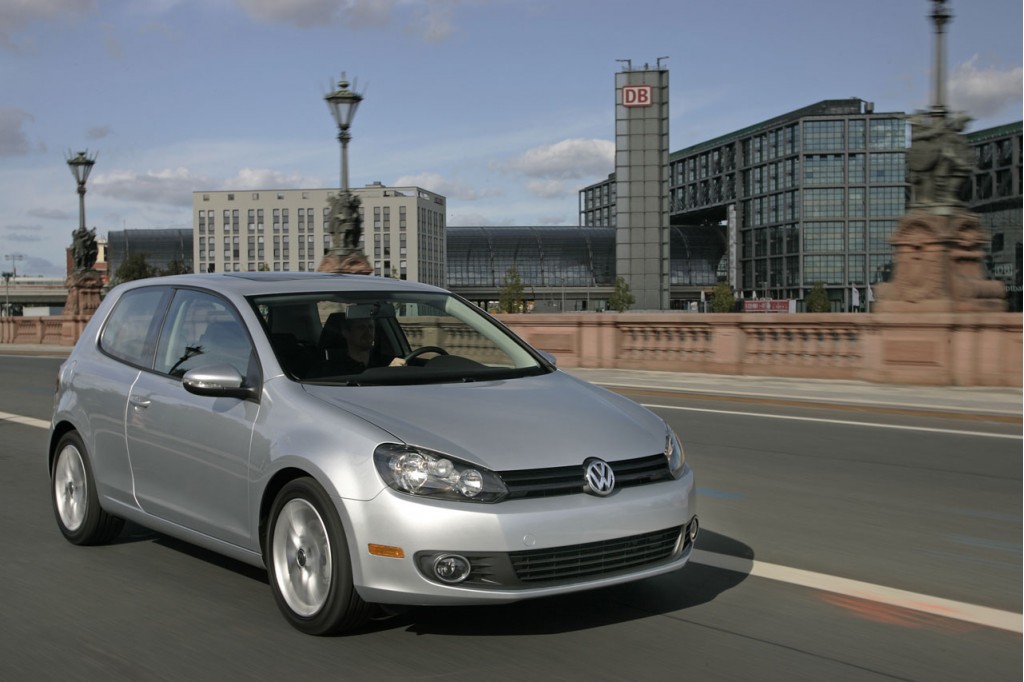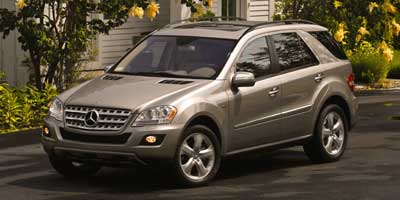Unless you're Argonne Laboratories, putting gasoline into a diesel fueled car is a bad problem.
Maybe it was brain fade. Perhaps you rented or borrowed an unfamiliar car. Or you simply didn't realize that nice Volkswagen or Mercedes-Benz was a new, clean-diesel car. (It also happens to particularly stupid car thieves.)
Why it's bad for the engine
Among other reasons never to put gasoline into a diesel vehicle, the diesel injectors are incredibly finely calibrated to vaporize the fuel into a very precisely directed mist. The injectors require the fuel to have a certain viscosity, and some engines need the lubricating properties of the diesel fuel to work properly--which they won't with gasoline.

2010 Audi A3 TDI
While certain newer diesel engines are more capable of running for short periods on gasoline without destroying themselves, the advice is unanimous: If there's any substantial portion of gasoline in the tank--that is, more than perhaps a few percent--the mixed fuel must be drained from all components, rather than attempting to burn it.
But accidents happen, so what should you do if you--or someone you've loaned your diesel car to--fill your tank with the wrong stuff?
Don't run it, or drive it
First, if you discover your error before restarting the car, don't try to run the engine. If the fuel pump hasn't switched on, the gasoline may be confined to the tank, which will need to be drained. Leave it off, and call the garage.

2010 Volkswagen Golf TDI
If the car's engine has started, switch it off immediately. It will likely stall within a few minutes anyway, when the contaminated fuel reaches the fuel injection system.
The solution is simple, but it will likely run you at least a few hundred dollars. The following components will need to be drained and rinsed with diesel fuel by a garage:
- Fuel tank
- Fuel pump, fuel filter, fuel lines, and other plumbing
- Fuel injectors
And in certain bad cases, the injectors and other components may have to be replaced.
The whole process can be "either something expensive or something very expensive," according to the cheerful Straight Dope website. Its "science advisory board" includes a piece on gasoline-into-diesel-cars in the middle of a longer item on the opposite question: Can I use diesel fuel in a gasoline car?
What about diesel in a gas car?
For the record, that too can produce dire effects. They include engine knocking (due to the lower octane rating of diesel fuel), which can ultimately damage the engine.

2011 BMW 335d sedan
The engine's emissions control system, which expects the byproducts of gasoline combustion, may also overheat or permit excess unburnt hydrocarbons to pass through the system into the air.
But while putting diesel fuel into a gasoline car can have equally dire effects, it's less likely.
That's because in the United States, the nozzle for diesel fuel physically won't fit into the filler neck of a car that requires unleaded gasoline.
Prevention: better than cure
Some new diesel cars make it virtually impossible to fill up with gasoline. Since BMW launched its clean-diesel 335d and X5 models in the U.S. last year, they have all been fitted with a standard "mis-fueling protection device."

2009 Mercedes-Benz M Class 3.0L BlueTec
BMW's prevention device is a special mechanism in the filler neck that requires the larger-diameter diesel nozzle to trigger a mechanism that unlocks to open a flap to permit fueling. Hoses for unleaded gasoline have a smaller diameter, and cannot trip the catch that operates the device.
Audi has developed a similar system that it will fit to its 2011 diesel models. In the States, those are the A3 TDI compact hatchback and the Q7 TDI sport utility vehicle.
At least one similar device, known as Diesel Key Europe, is available as an aftermarket accessory in Europe. It can be installed by the car owner, says the company, and also has the secondary benefit of preventing siphoning by fuel thieves.













